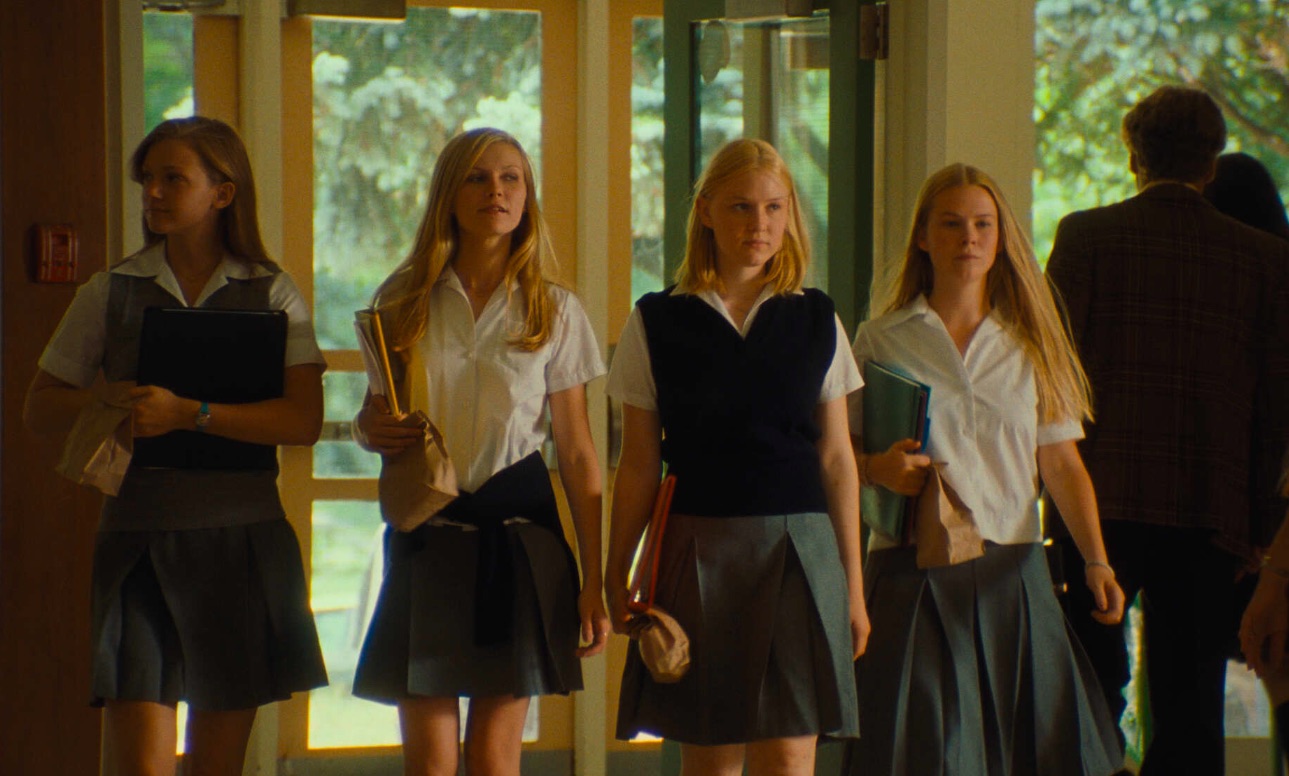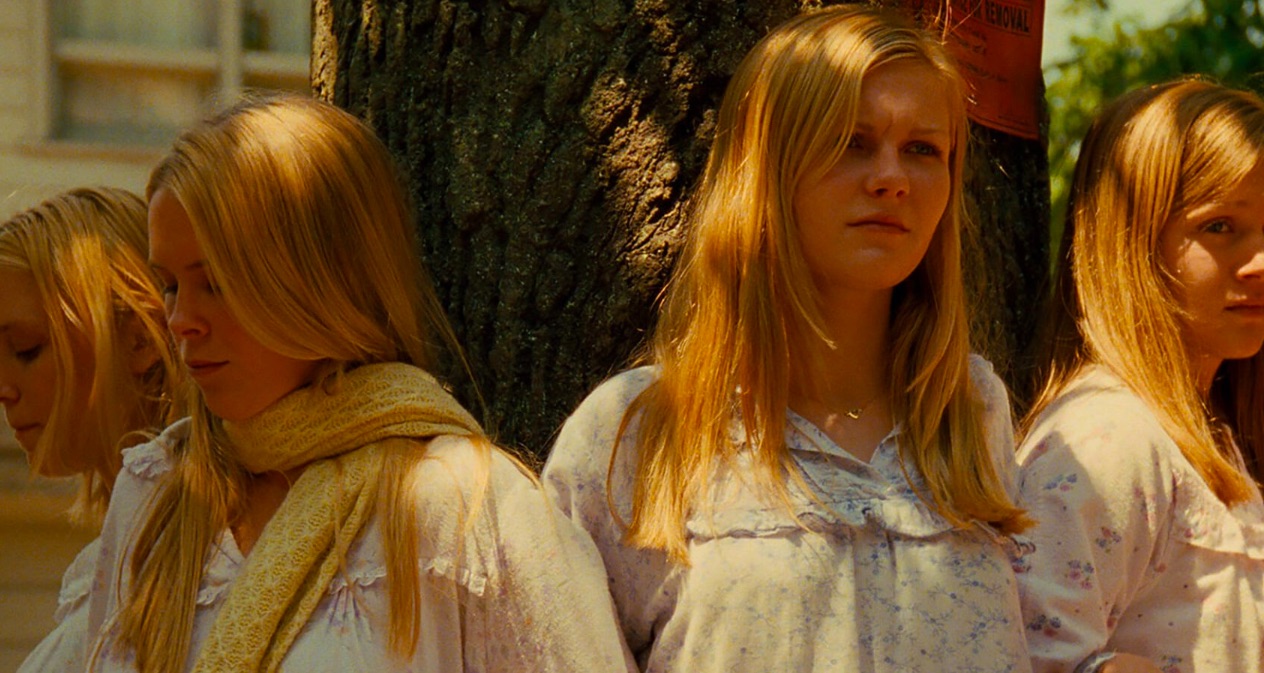Sofia Coppola’s ‘The Virgin Suicides’ follows the story of the five Lisbon sisters, as seen through the lens of the adolescent boys who are fascinated with them. The boys look back at the events that happened when they were teenagers and speculate why the Lisbon sisters did what they did. The entire film is a complex portrayal of teenagers and a twisted take on the coming-of-age genre, which leaves the audience shocked, to say the least. The Lisbon sisters become such mysterious figures, especially after their deaths, that even the audience can’t help but wonder what happened to them. Moreover, it makes one wonder whether the girls are based on real people.
The Virgin Suicides Author Was Inspired by a Real Girl’s Story
The Lisbon sisters in ‘The Virgin Suicide’ are not specifically based on real people. While the film might appear to fall in the true crime genre, it is entirely fictional and is based on the novel of the same name by Jeffrey Eugenides. The author’s debut novel was published in 1993 and was immensely popular with the readers as well as the critics. The author revealed that while the story and its characters are made up, he found inspiration for them in something a teenage girl once told him.

Nearing his 30s, Eugenides was looking for an idea that would spark his imagination and get him to finally write a novel he could publish. One night, he was supposed to have dinner with his family and was waiting for them, which is when he got into a conversation with the babysitter who was to look after his one-year-old nephew that evening. Describing her as “a chatty midwestern girl, seemingly untroubled by life,” the author revealed that at one point, the girl revealed that she and all her sisters had attempted suicide at one point.
Eugenides was taken aback by this sudden turn in their conversation and didn’t know why the girl felt compelled to share that information with him. When he asked her why they did it, she didn’t have a concrete answer. She said that they had been under a lot of pressure. Before he could ask any more questions, his family was ready to leave for dinner. Eugenides never spoke to the girl again; that five-minute conversation with her became the basis of his novel.
It took more than a year for the author to start writing the novel, and once he got into it, he had to face the dark questions that surrounded his protagonists as well as the narrators of the story. As suicide is woven so deeply into the fabric of the story, he couldn’t help but look at another incident that happened when he was in college. Eugenides revealed that he’d once engaged in a stirring discussion following the Introduction to Eastern Religions class. One of his classmates later showed up at his dorm, asking about things like the meaning of life and the existence of God. Whatever he wanted to hear or hoped to find out, he didn’t get it from Eugenides. The next day, he disemboweled himself with a sushi knife at the restaurant where he worked. It was only after this that Eugenides realized that those questions from his classmate were cries for help, a sign he didn’t understand at the time.

Another thing that the author had in mind while writing ‘The Virgin Suicides’ was the image of Detroit in the years he spent there as an adolescent. It was quite an upheaval that the city experienced, with the changing neighborhoods, abandoned buildings, riots, and whatnot, and Eugenides saw the city he grew up in crumble in front of his eyes, which made him realize at an early age that nothing lasts forever and things that you think might around forever have a way of crumbling.
He took this thought and approach into his novel, which he wrote from the perspective of teenage boys who are obsessed with the Lisbon sisters and the reasons for their deaths, though never quite figuring out why they killed themselves. The boys’ point-of-view allowed him to keep that cover of mystery on the Lisbon sisters while also touching upon some important themes and issues, especially in the context of teenage.
Read More: Movies Like The Virgin Suicides


You must be logged in to post a comment.